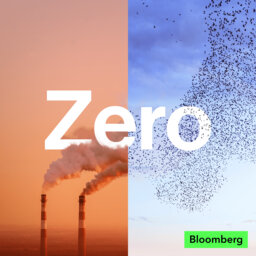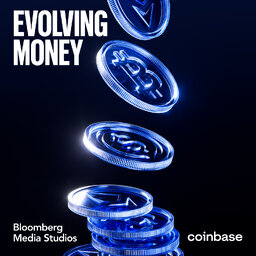Tom Steyer is a hedge-fund billionaire who made his money investing in distressed assets, including fossil fuel projects. He’s also an avowed climate activist and a major donor to US politicians seeking to tackle climate change. After a short-lived run for president, Steyer in 2021 set up Galvanize Climate Solutions, a firm that invests in companies and technologies promising emissions reductions this decade. It recently raised $1 billion.
Zero host Akshat Rathi spoke with Steyer at COP28 in December, to ask why he got out of fossil fuels, the consequences of bad carbon accounting, and what the return of Donald Trump would mean for global climate ambitions.
Read more:
- Tom Steyer Launches New Climate Tech Investment Fund With $1 Billion - Bloomberg
- Greening US Apartments Is New Project of Billionaire Tom Steyer - Bloomberg
Zero is a production of Bloomberg Green. Our producer is Oscar Boyd and our senior producer is Christine Driscoll. Special thanks to Kira Bindrim, Tiffany Tsoi. Email us at zeropod@bloomberg.net. For more coverage of climate change and solutions, visit https://www.bloomberg.com/green.
In 1 playlist(s)
Zero
Zero is about the tactics and technologies taking us to a world of zero emissions. Each week Bloombe…Social links
Follow podcast
Recent clips

Lessons to avoid societal collapse, from 5,000 years of history
42:57

(Sponsored Content) Evolving Money: Blue Chip Meets Blockchain
16:48

Ethiopia’s fossil fuel car ban is a vision of the future
32:37
 Zero
Zero